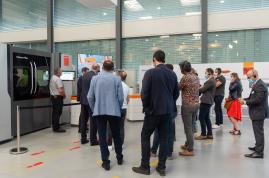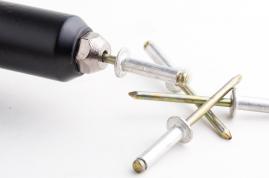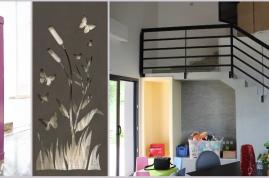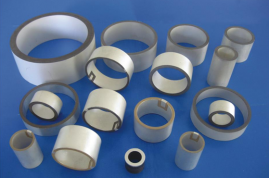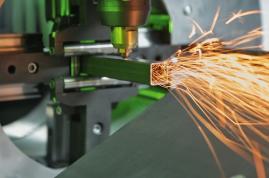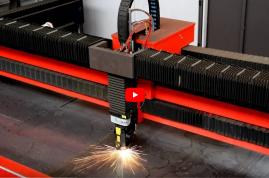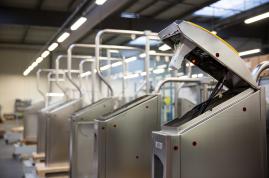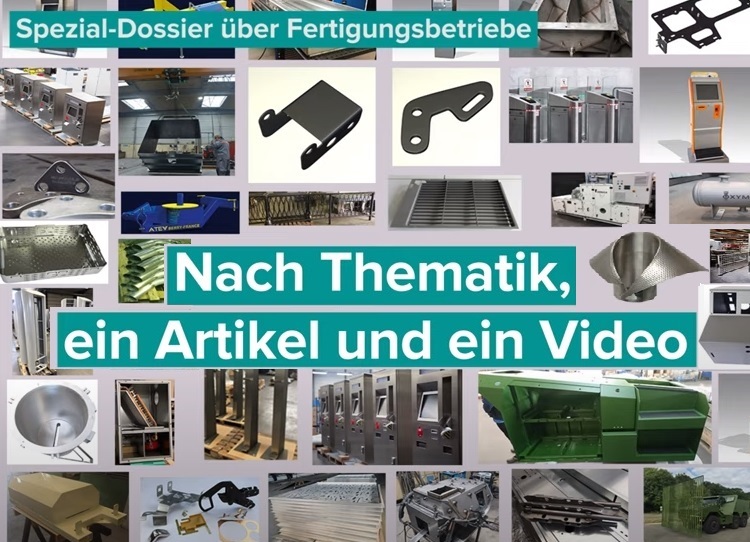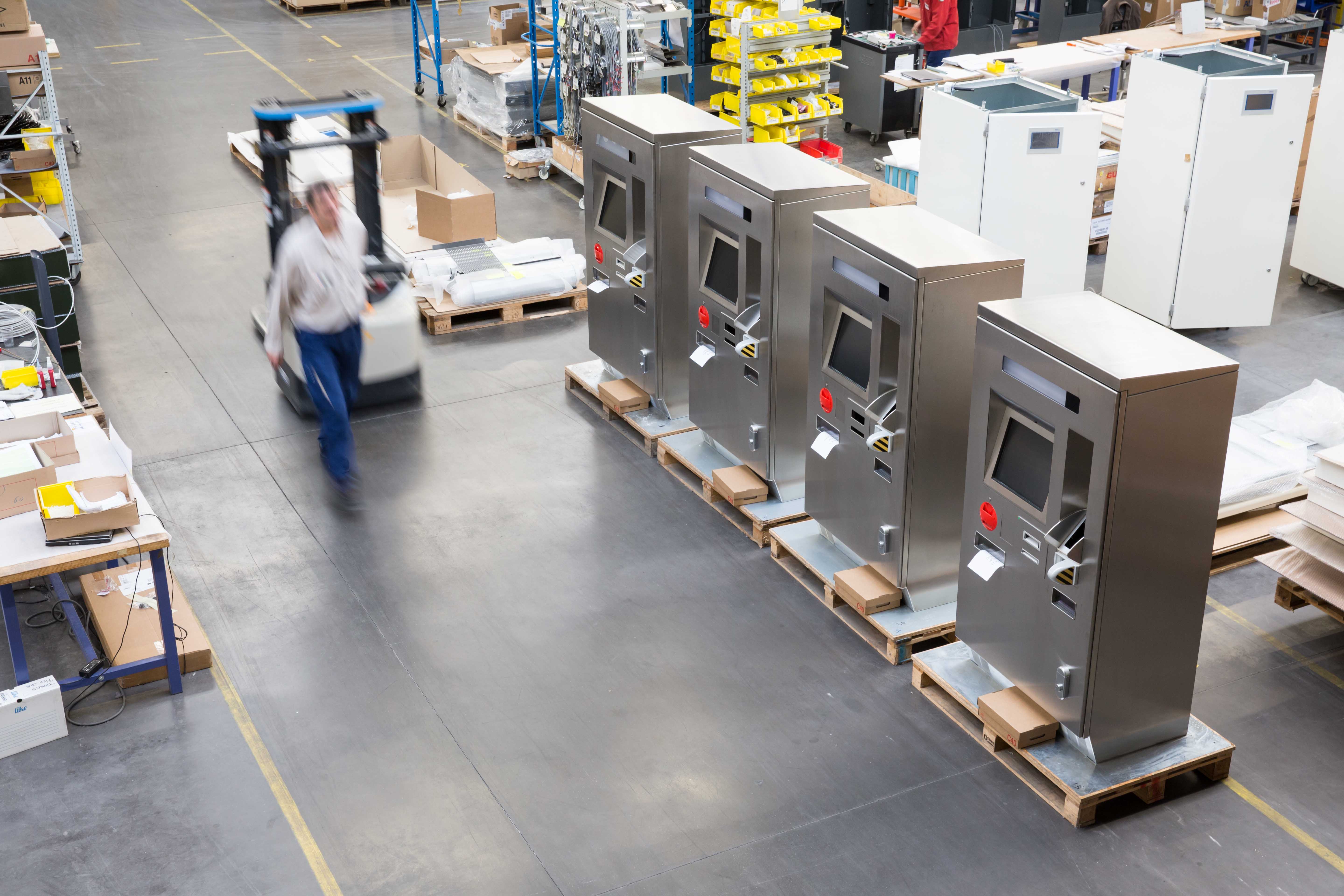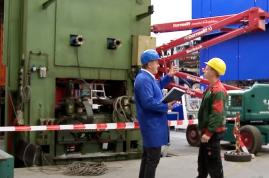Buyer challenges – an essential part of this subcontracting dossier
This dossier aims to provide purchasers of sheet metal and tube parts or assemblies with answers and food for thought on the issues they may encounter when subcontracting. With this in mind, Metal-Interface conducted a large survey* with a panel of 362 market-representative prime manufacturers. These interviews highlighted certain focus points.
Broadly speaking, this buyer survey reveals three major challenges:
-
issues relating to technical aspects, when the requirement is either complex or linked to a particular sector of activity,
-
difficulties in maintaining the guarantee of a good quality product when the project involves strong constraints on subcontracting costs, or even a "target price" to be achieved,
-
management of projects with short manufacturing times and fluctuating launch quantities.
With these concerns in mind, we then contacted and interviewed about a hundred subcontractors who shared advice, based on their experience, for buyers of sheet metal work parts or assemblies.
Topic 1 – Subcontracting general, technical and integrated sheet metal work
Whether in the banking, transport, medical, aeronautics or railway industry, certain products require a general and integrated approach to manufacture products such as vending machines, cash dispensers, toll booths, etc.
Some subcontractors have developed a wide range of skills beyond sheet metal working alone, in order to take on these complete industrial projects, from the raw materials to installation, while taking care of cabling, the assembly of electrical/electronic components, on-site installation, etc.
This article outlines the answers to the following questions:
-
How to analyse and study a project?
-
What skills and means of production are required?
-
How to purchase and ensure the supply of components?
-
How to evaluate subcontractors?
Topic 2 - Objective: price and deadlines!
Pricing and deadlines are very important aspects to take into account when choosing a subcontractor. This article suggests several possibilities, with concrete examples to provide buyers with a clear vision of the methodology and technical solutions that can be implemented!
Topic 3 – Subcontracting in the construction and building industry
A wide variety of parts are produced for the construction and building industry, often in small quantities. Depending on the part’s function, its aesthetics may be very important and require specific manufacturing equipment.
This article focuses on the different technologies used, in particular for cutting and flattening parts.
Topic 4 – Tube and profile processing: cutting, sawing and bending
Tube processing is a very specific job that requires skills, experience and machinery that the subcontractor does not always have.
We have therefore chosen to focus on tube cutting and bending in this article.
Topic 5 – Micro sheet metal work and chemical cutting
Micro sheet metal work involves parts that are roughly a tenth of a millimetre thick, made out of various materials, including steel, stainless steel, copper, brass, CuBe 2, nickel silver, supra, etc. These parts are often quite technical, for high-tech industries, such as electronics, aeronautics, armament, medical, etc.
This article explores this little-known cutting technology, based on a chemical process.
* Panel of 362 buyers surveyed between 7th September 2020 and 11th September 2020.

